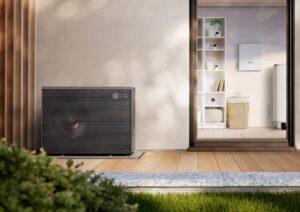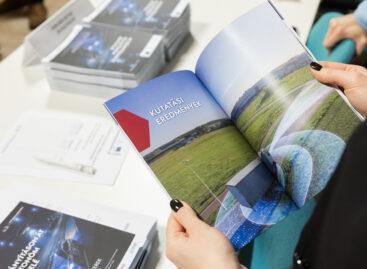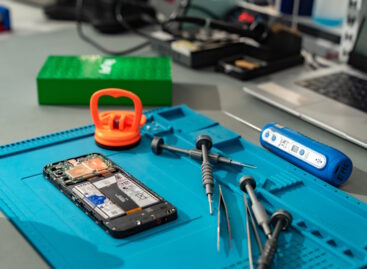LG presents its new Therma V™ R290 Monobloc heat pumps at IFA in Berlin
LG Electornics at IFA in Berlin, September 6-10, 2024. presents the new members of the Therma V™ R290 Monobloc air-to-water heat pump product family with 7 and 9 kW power. Following the successful debut of the larger capacity (12, 14 and 16 kW) devices last year, also at IFA, the new Therma V models come with an improved compressor and an even more sophisticated design that fits harmoniously into the environment.
 Following the mandatory introduction of standards for Near-Zero Energy Buildings (NZEB) across Europe, air-to-water heat pumps are an increasingly popular solution, as they help to reduce carbon emissions on the one hand, and contribute to the management of energy supply uncertainties on the other. Medium and small capacity models are more suitable for newly built properties, which is why LG’s new 7 and 9 kW appliances are ideal for the European market. In addition, LG is establishing a research and development laboratory in Frankfurt that develops high-efficiency HVAC (that is, heating, ventilation and air conditioning) solutions specifically tailored to the different local climate conditions in Europe.
Following the mandatory introduction of standards for Near-Zero Energy Buildings (NZEB) across Europe, air-to-water heat pumps are an increasingly popular solution, as they help to reduce carbon emissions on the one hand, and contribute to the management of energy supply uncertainties on the other. Medium and small capacity models are more suitable for newly built properties, which is why LG’s new 7 and 9 kW appliances are ideal for the European market. In addition, LG is establishing a research and development laboratory in Frankfurt that develops high-efficiency HVAC (that is, heating, ventilation and air conditioning) solutions specifically tailored to the different local climate conditions in Europe.
Extremely efficient operation
In line with increasingly strict F-gas regulations and European objectives to replace traditional boilers with air-to-water heat pumps, LG Therma V R290 Monobloc uses R290 refrigerant. This natural gas (propane) only has a GWP value (global warming potential) of 3, which is much lower than the GWP value of refrigerants commonly used in heating devices. LG’s solutions belong to energy class A+++, and their carbon dioxide emissions can be up to 79 percent lower than those of a traditional boiler – this is due to the fact that they utilize the thermal energy of the air. Switching to Therma V can significantly improve the energy efficiency of households.
The latest Therma V air-to-water heat pumps are equipped with an improved compressor to achieve even higher levels of energy efficiency and performance, even in colder weather conditions. By reducing the compression pressure, even more stable operation and even lower energy consumption were achieved, while the system can produce water of up to 75 degrees even in the case of an outside temperature of -15 degrees Celsius.
Related news
Technology is still not a level playing field for women
🎧 Hallgasd a cikket: Lejátszás Szünet Folytatás Leállítás Nyelv: Auto…
Read more >More and more people are buying premium refurbished mobile phones: every fifth order is paid with Klarna at Rejoy.hu
🎧 Hallgasd a cikket: Lejátszás Szünet Folytatás Leállítás Nyelv: Auto…
Read more >Related news
(HU) Átadták a SIRHA Budapest 2026 Innovációs Termékverseny díjait
🎧 Hallgasd a cikket: Lejátszás Szünet Folytatás Leállítás Nyelv: Auto…
Read more >HELL CITY has arrived, led by Michele Morrone
🎧 Hallgasd a cikket: Lejátszás Szünet Folytatás Leállítás Nyelv: Auto…
Read more >









